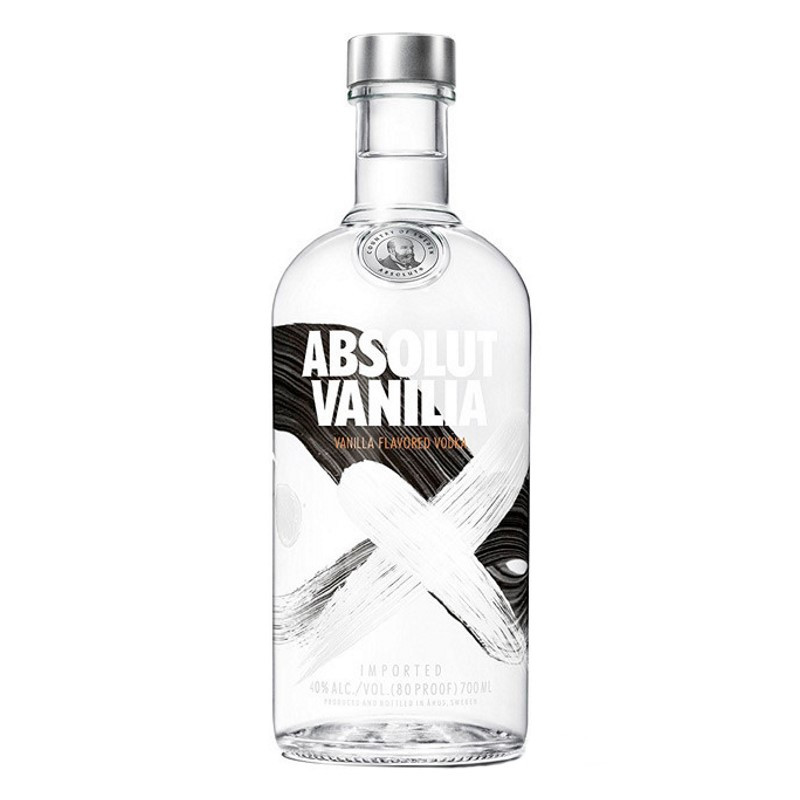

The temptation will be strong but if you can hold off for 6 months to a year before testing it, I highly recommend you do so. After a couple months, your vanilla extract should be potent enough to use but the longer it is aged, the better it gets.Store the extract in a cool, dark place and return to shake it 2 or three times a day.Place the lids on the jars and shake well.I had an adorable, little helper donning a gymnastics uniform for this step! Pour the alcohol over top of the beans, ensuring they are fully submerged.Chop the beans into 2-3 inch pieces and place them at the bottom of the jar.Slice your beans lengthwise to expose the vanilla seeds.

10 extraction grade vanilla beans (or half the amount for single-fold vanilla extract).If it’s not something you can stomach a sip of, grab the stuff one shelf higher at the liquor store.Īs promised, here is the vanilla extract recipe: Vanilla Extract Recipe Quality of liquor isn’t vastly important when making an extract that will be aged, but it does make a difference. It makes an amazing whipped cream! I plan on using the vanilla extract made with the rum to enhance things like horchata, lemon bars, and cheesecakes. Bourbon adds another level of depth and I love to use it in baked good around the holidays. The vodka is the most neutral in flavor and as an extract will be used in most recipes. I made 3 separate vanilla extracts, using vodka, light rum, and bourbon.

You’ll also need to determine the alcohol you want to use as a carrier. For a double-fold, you simply double the number of beans. That means, for a single-fold vanilla extract, you’ll want to use about 5 vanilla beans. 83 ounces of vanilla for every cup of alcohol. That’s a lot of vanilla extract though, and much more than we will be making today. It all comes down to the intensity of that vanilla flavor.įor a single-fold vanilla extract to be considered ‘pure’, the FDA requires 13.35 ounces of vanilla for every gallon of alcohol. But first, you need to determine whether you want to make a single-fold extract, double-fold extract, or something a bit more potent. Keep reading and I’ll present a vanilla extract recipe that can be used interchangeably with bourbon, rum, or vodka as the carrier liquid. You can save so much money making your own and all you need are Grade B vanilla beans and alcohol. And, the only way to ensure you are getting the concentration of vanilla flavor you want is to make it yourself.Īnd why not, making homemade vanilla extract is so simple! Plus, purchasing a high-quality vanilla extract can set you back monetarily. Determining what you will be using your vanilla extract is important but equally (if not more) important is the quality of the vanilla extract you use. Heck, I’ve even heard of folks using it to dissipate that stale refrigerator stench and reduce signs of aging. The culinary uses for pure vanilla extract are endless-from vanilla cakes, vanilla frosting, vanilla custards, and vanilla bean ice cream to breads, savory sauces, and vinaigrettes. So if you're making any of that, and you want it extra good, that's when you may want to splurge for real vanilla extract, or vanilla beans.A Vanilla Extract Recipe That Will Take Your Baked Goods From Good to Exceptional The difference is much more noticeable in things like icing/frosting, pudding, and ice cream, where you don't use much if any heat after adding the vanilla, so the complex flavors remain. Notably, America's Test Kitchen has done vanilla taste tests and says "It matters not a whit whether you use real or imitation vanilla, because you can’t tell the difference when you bake." The heat means you lose a lot of the flavor complexity, and the two end up indistinguishable, or close to it. In particular, for baked goods, artificial is totally fine. If you can't easily get the real stuff, or it's too expensive, there's absolutely nothing wrong with using artificial. Artificial and real vanilla extract are really pretty similar, which is kind of the point. It's hard to imagine that mass-produced commercial vanilla bothers insisting on vodka in particular.Īnyway, flavors. I've mainly heard of using vodka for homemade vanilla extract, because as far as readily available liquor goes, it's about the closest you can get to pure, flavorless ethanol/water. In both cases, the exact source of the alcohol isn't important, it's just that it's alcohol (ethanol) and water. Artificial vanilla is often just vanillin, one of the key flavor components, and it's been manufactured from another base ingredient (probably lignin), with no vanilla involved. The thing that makes "true" vanilla extract true/pure/real is that it's made from real vanilla beans, as opposed to artificial flavors. Unfortunately the premise of your question is wrong. No, vodka is nothing like vanilla extract.


 0 kommentar(er)
0 kommentar(er)
